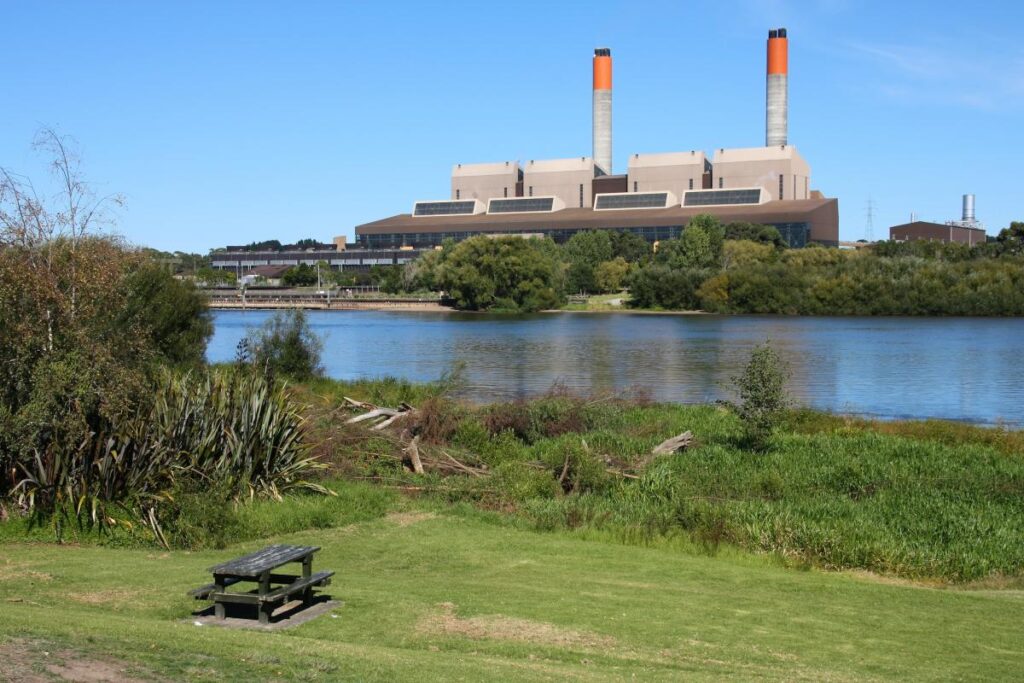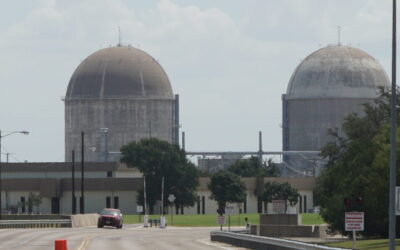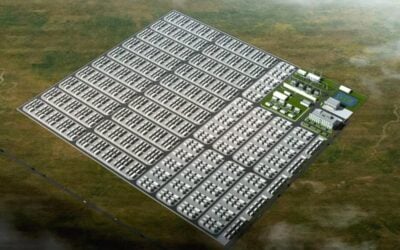
Saft, a subsidiary of French energy giant TotalEnergies, will provide Genesis Energy in New Zealand with a 100MW/200MWh utility-scale battery energy storage system (BESS).
Confirmed yesterday (19 September), the 2-hour duration BESS will be installed at Huntly Power Station on the country’s North Island, owned by Genesis, a listed New Zealand generation, wholesale, and retail energy company.
Enjoy 12 months of exclusive analysis
- Regular insight and analysis of the industry’s biggest developments
- In-depth interviews with the industry’s leading figures
- Annual digital subscription to the PV Tech Power journal
- Discounts on Solar Media’s portfolio of events, in-person and virtual
Huntly Power Station is the largest thermal power station in New Zealand, with a generation capacity of 1,200MW, making it the country’s single largest electricity generation site.
According to Saft, the power station plays an important role in the country’s electricity market. It currently uses a high percentage of gas and coal-fired generation, with low-carbon fuels planned to support a highly renewable energy generation fleet.
Saft will engineer the 100MW/200MWh Huntly BESS as a complete turnkey solution. This will be based on 70 of its ‘iShift’ lithium iron phosphate (LFP) battery containers, combined with power conversion and control systems. The system is planned to come online in the third quarter of 2026.
The BESS will become Saft’s third utility-scale BESS in the New Zealand market. One of these is the 100MW/200MWh system provided to state-owned energy company Meridian Energy, set to be developed near New Zealand’s northernmost city, Whangārei. Saft’s track record in delivering BESS projects in New Zealand played into the reason why Genesis Energy has contracted them, Tracey Hickman, chief wholesale officer at Genesis Energy, said.
Hervé Amossé, executive vice-president of energy storage systems at Saft, hailed the company’s expanding presence in the New Zealand market, and the growing reputation of its iShift system.
“This major contract for Genesis will be Saft’s third utility-scale BESS to support the New Zealand grid. This success is based on the growing reputation of our Intensium lithium-ion battery containers as a reliable and cost-effective solution, combined with our capability to provide a turnkey solution comprising energy storage, power conversion and control systems,” Amossé said.
Readers of Energy-Storage.news may be aware that Saft recently commissioned a production line at its Jacksonville, Florida facility to produce the lithium-ion battery modules and containers for its BESS solution, although cells will be provided by third parties.
The firm said this will enable it to “address the booming US demand for ESS projects by offering a solution with domestic content”.






